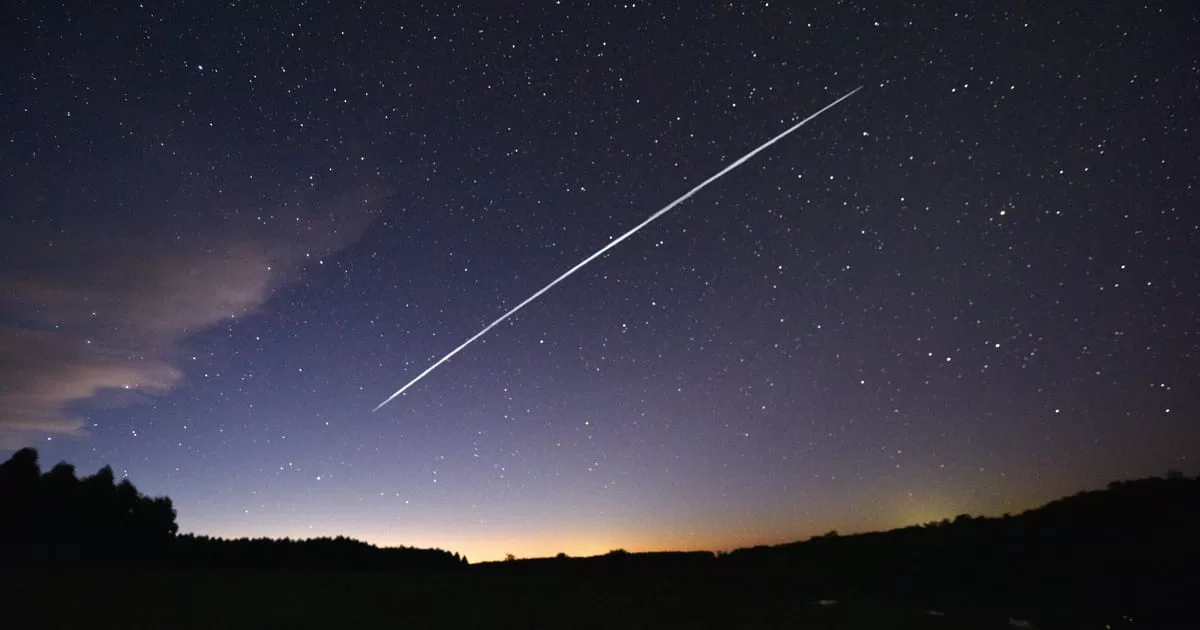But Russia’s invasion changed the debate. It showed that Starlink became a critical means of defense for Kyiv’s beleaguered forces as other comms systems were hacked or destroyed by Russia.
“With the war, Ukraine needed satellite telecommunications, but the EU didn’t have something to offer,” said Christophe Grudler, the Renew member of the European Parliament who leads on the bloc’s secure connectivity program. “Ukraine should not have to rely on the whims of Elon Musk to defend their people.”
Legislation to get IRIS² on track was published on February 15, 2022, days before Russia’s all-out invasion of Ukraine. On the eve of conflict, hackers then took out the KA-SAT network of U.S.-based Viasat, which Ukraine’s army used to command its forces. That hammered home the case for building an EU-run network.
“At the end of the day, having quality space connectivity is becoming a key requirement from a security and defense standpoint,” said Hervé Derrey, the CEO of Thales Alenia Space, which is working on the system.
“I think the Ukraine war has demonstrated that,” he said. “Europe cannot afford to rely even on allies as far as connectivity is concerned.”
War space economy
The original case for IRIS² was to boost the bloc’s space know-how, end internet black spots and offer better communications infrastructure to African countries. That’s now been buttressed by security arguments.
